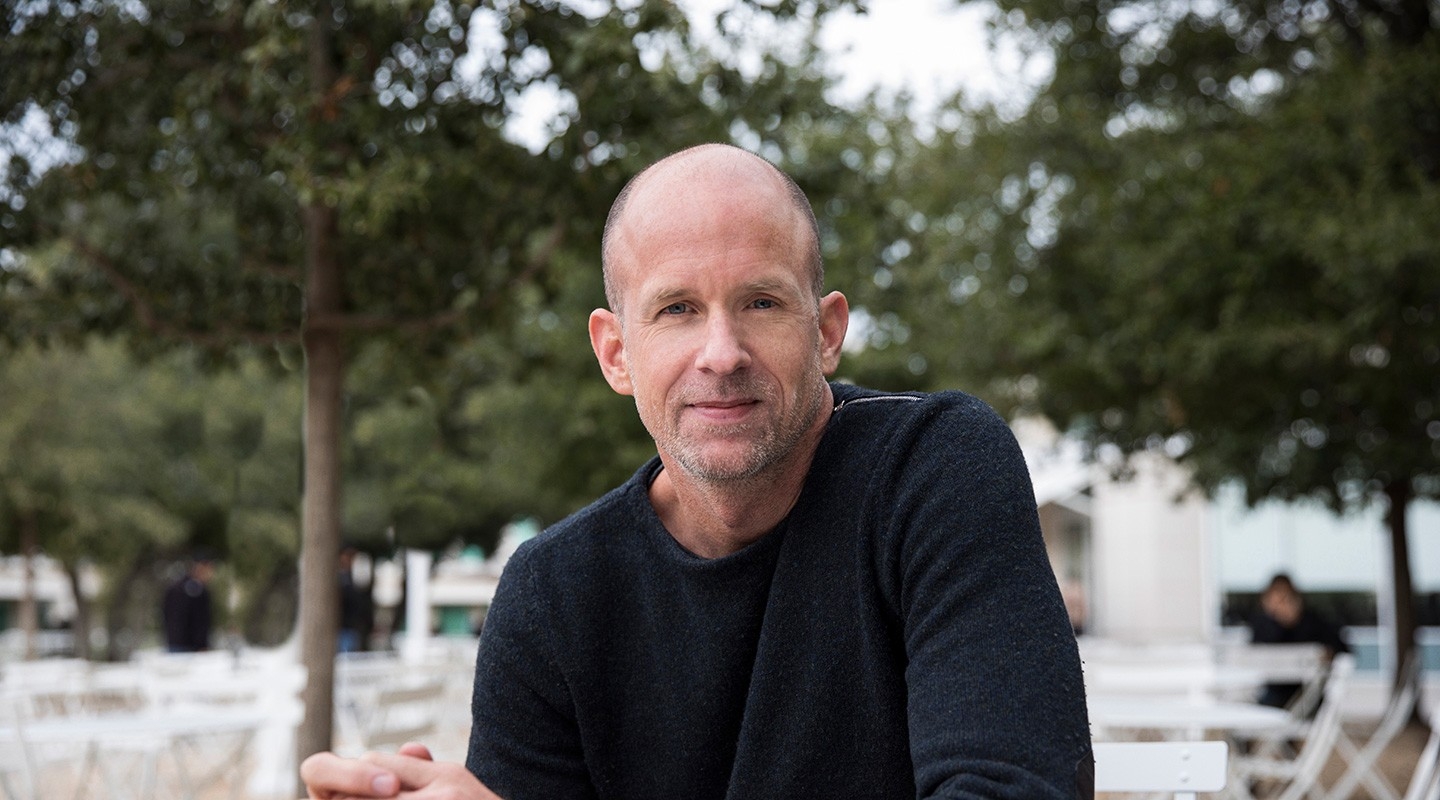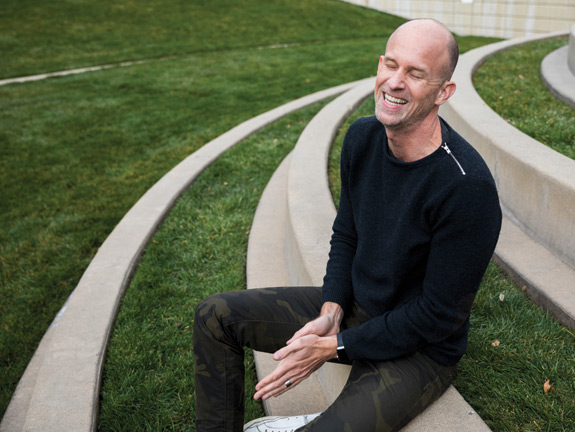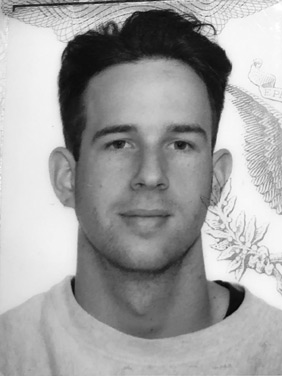Apple vice president of marketing communications Tor Myhren thinks he has “the best job in the world.”
Five years ago, Tor Myhren was president and worldwide chief creative officer of Grey, one of the largest advertising networks in the world. “I loved it,” he says, “I never thought about leaving.” He also loved New York City. He and his wife, Tomoko, had their first daughter there. He was definitely not looking for a job.
“But then Apple called.”
After meeting with Apple Inc. CEO Tim Cook in 2015, Myhren had a conversation with Tomoko about moving to California. “We both immediately said if I get offered the job, I’m going to take it. Because it seemed like a once-in-a-lifetime opportunity, which it has certainly been.” He joined Apple as vice president of marketing communications in March 2016. Globally, he oversees a creative team of about 1,100.
As much as he loved his job at Grey—overseeing a string of successes that included campaigns for E*Trade, DirecTV, the NFL, and Volvo—he never thought twice about coming to Apple because it “has influenced my creativity more than any company in the world,” he explains. “To be able to come to work for that company in a very creative job is a dream come true.” More than two years later, he says, “I think I have the best job in the world.”
Everything that comes out of Apple is scrutinized by the public. How does it feel to have that kind of focus on your work?
There’s no way I could have prepared for the scale of what I was stepping into. It’s so much bigger than I even thought. I learned really fast that when we put something out into the world, people are watching, and people are going to have an opinion. It’s actually super helpful for us as a brand to know that people care enough to reach out to us when they don’t like what we’re doing. And when they love what we’re doing we also hear from them. So it’s kind of this constant feedback, which is pretty great.
You’ve always existed with constraints on your creativity. Have you had to pivot in your approach to work at Apple?
This is the most creative job I’ve ever had, but that doesn’t mean it’s the exact same kind of creativity. I love the work we’re putting out, but there’s a very big difference between marketing and advertising. Advertising is a piece of marketing, and the full ecosystem of marketing is fascinating and challenging to me. Whether it’s the media or the creative side, advertising, retail, or dotcom [Myhren’s group builds the entire Apple website—in 98 languages], every single facet of the job is creative, and at the core Apple is a creative company. What drives and motivates Apple is creativity, and believing in the passion of creative people to change the world to make it better.
What were your goals coming in to Apple?
To live up to the high bar that they set before I got here. I do believe that when you make work that becomes a part of the cultural conversation, that’s good for the company. And that, to me, has always been the Holy Grail of advertising, because it doesn’t happen all the time. So that continues to be a goal of mine, that our work inspires people and gets talked about and does all the things great marketing can do.
Apple is my favorite company in the world. And it was before I ever worked here. I have so much passion for this brand. When you work in advertising, you dream of working for a brand that you truly love—that everything you put into that brand is coming from the heart. As you can imagine, when you work at an agency, it isn’t always that way.
Other than the scale of this job, what’s been the biggest surprise about working at Apple for you?
The moral compass that the company has. I think that we do innovate for the right reasons, and we truly are creating things with a goal of making lives better. And that’s unique. We don’t follow trends—occasionally we create trends—but we look at the customer and innovate toward what is best for the customer. And that’s what always drives decisions.
What attracted you to Oxy as a student?
My family is from Denver, and my older brother and sister both went to schools in California [USC and UC Santa Barbara, respectively]. So I think there was something like, “I’ve gotta go West.” And the size of it was interesting to me—more individual attention, smaller classes, a smaller school. But one of the big things was the multicultural approach that the college took that a lot of colleges were not taking at the time. That was very different then. That attracted me a lot—having a multicultural student body and staff.



